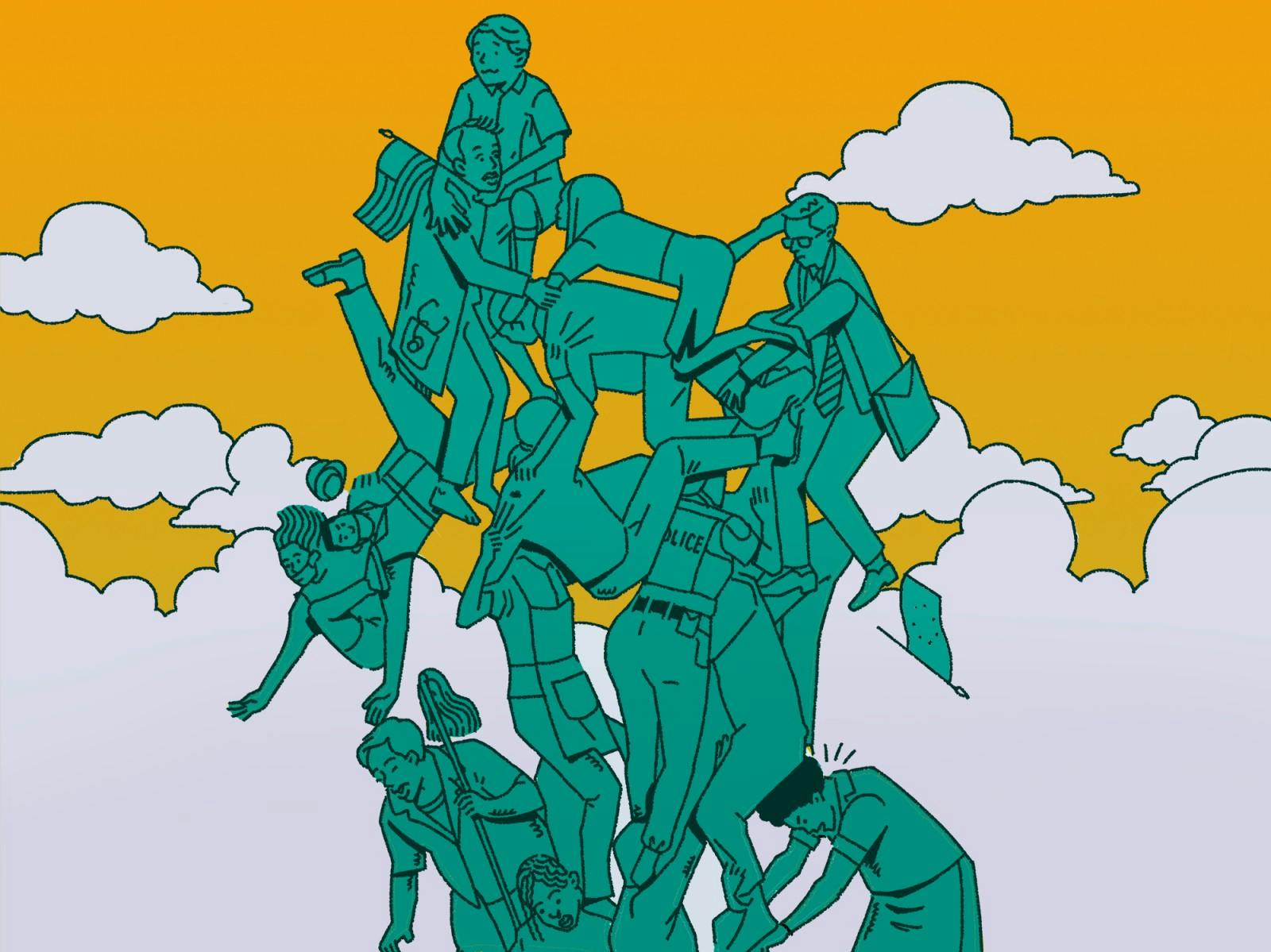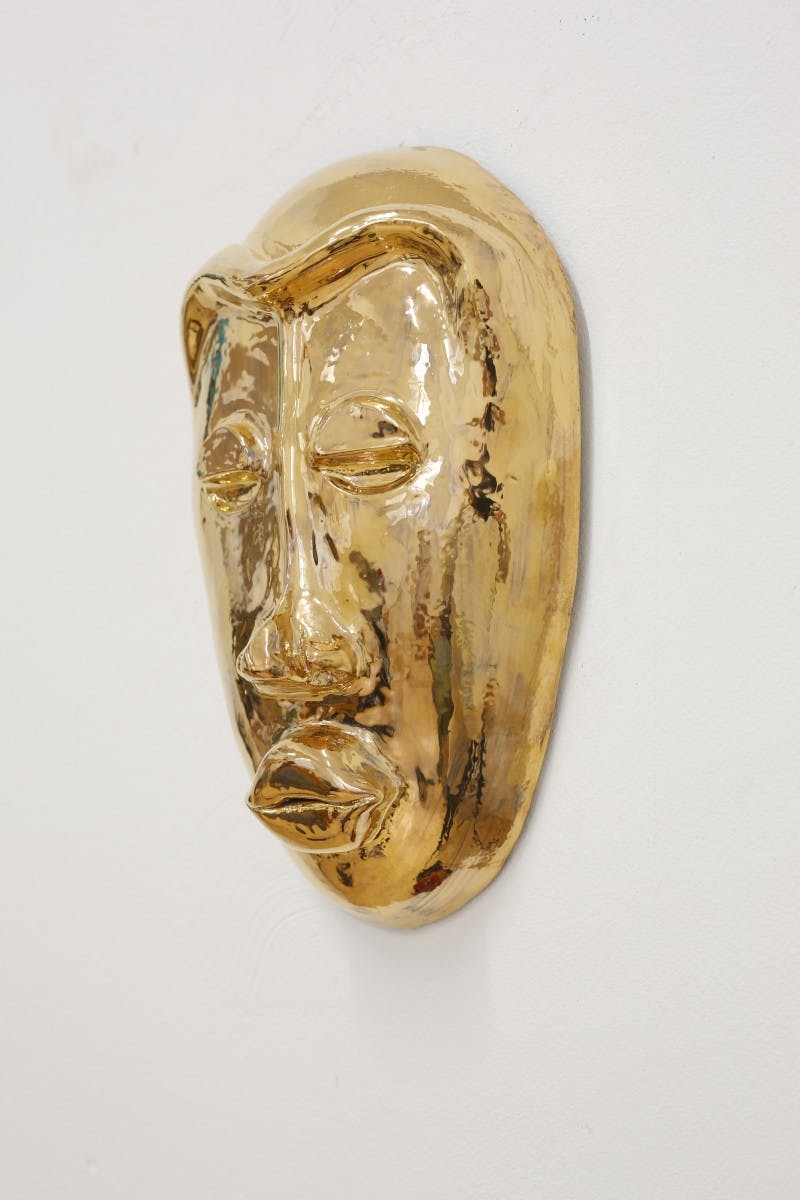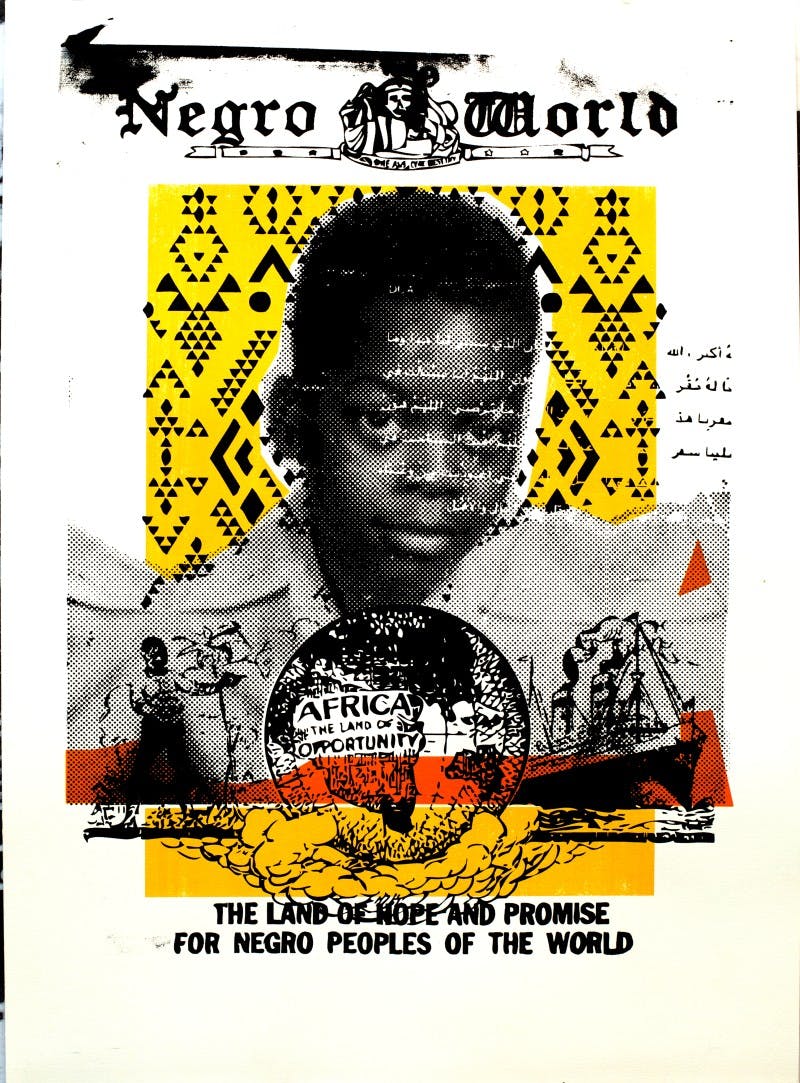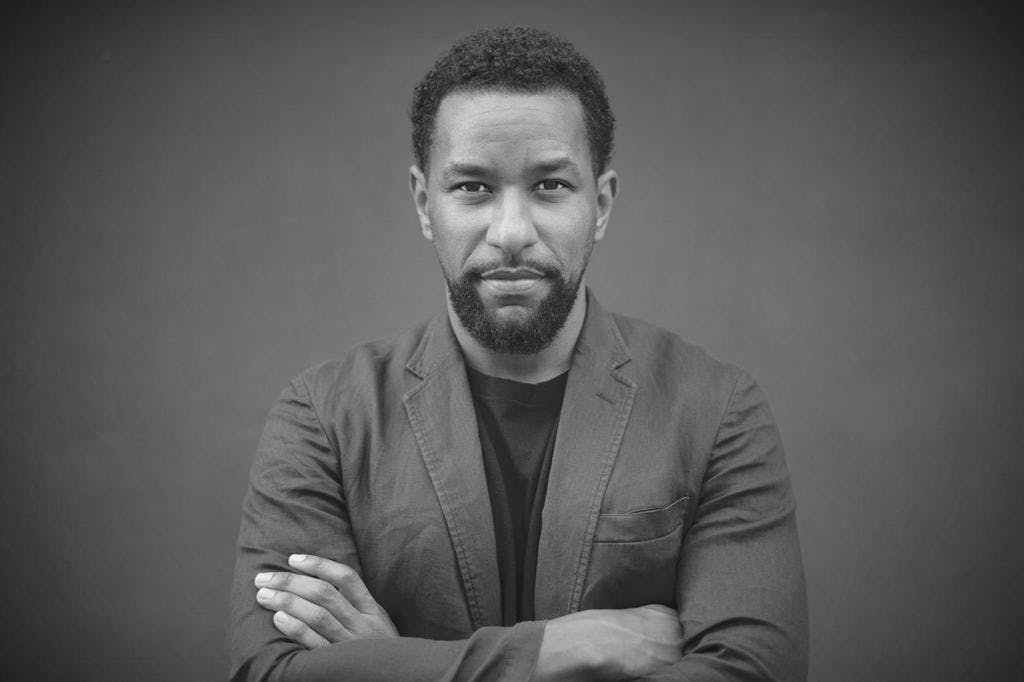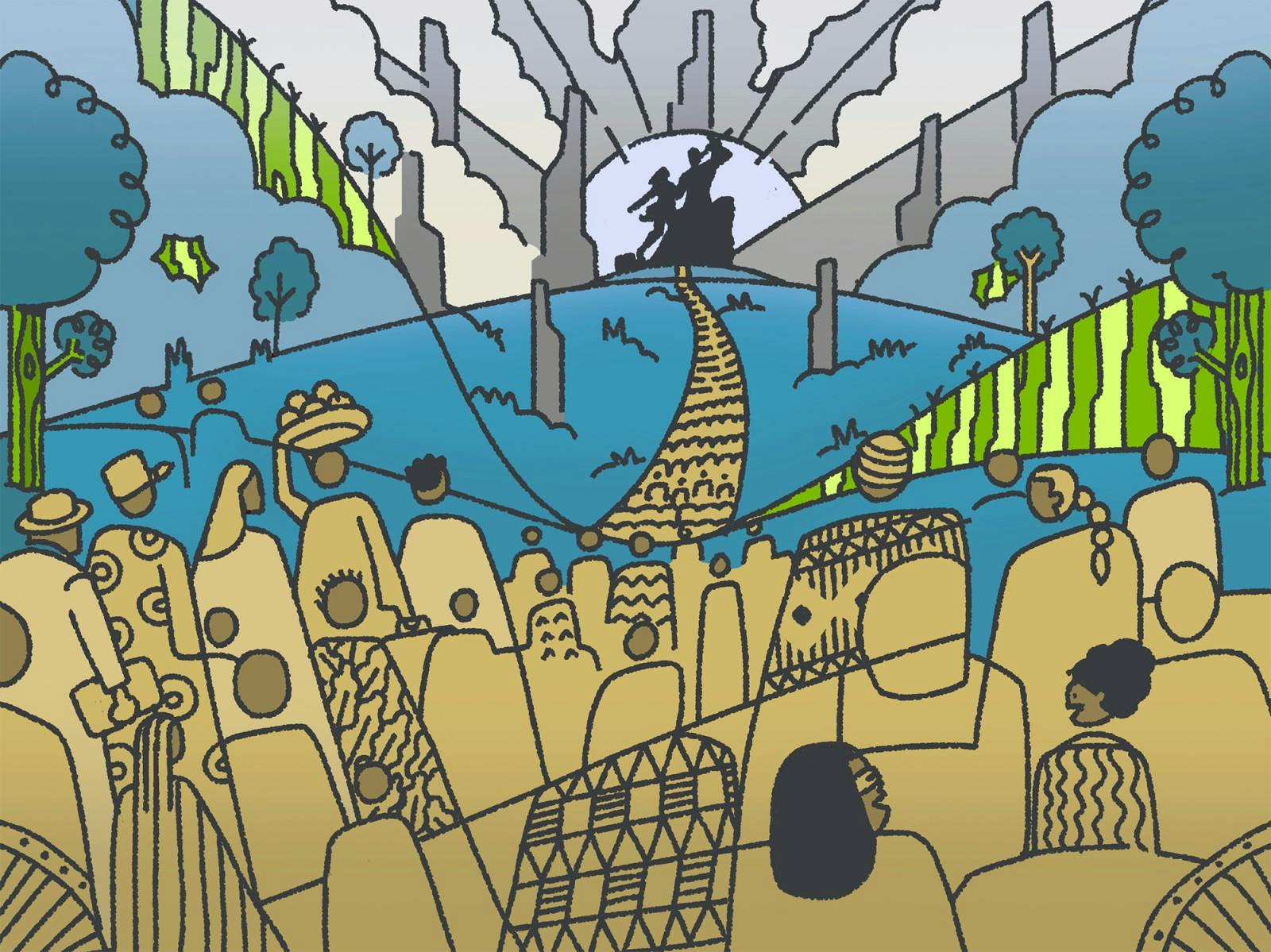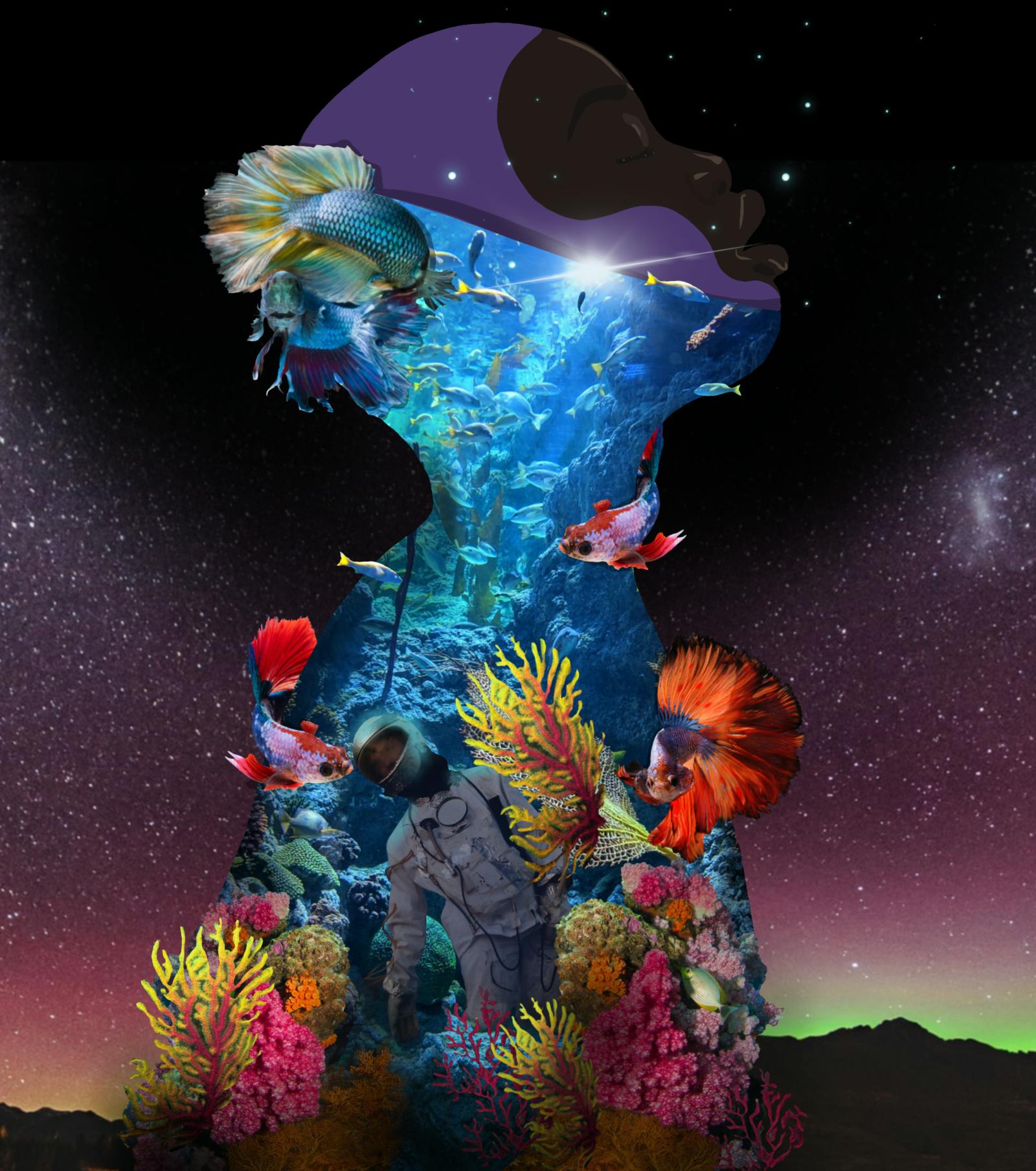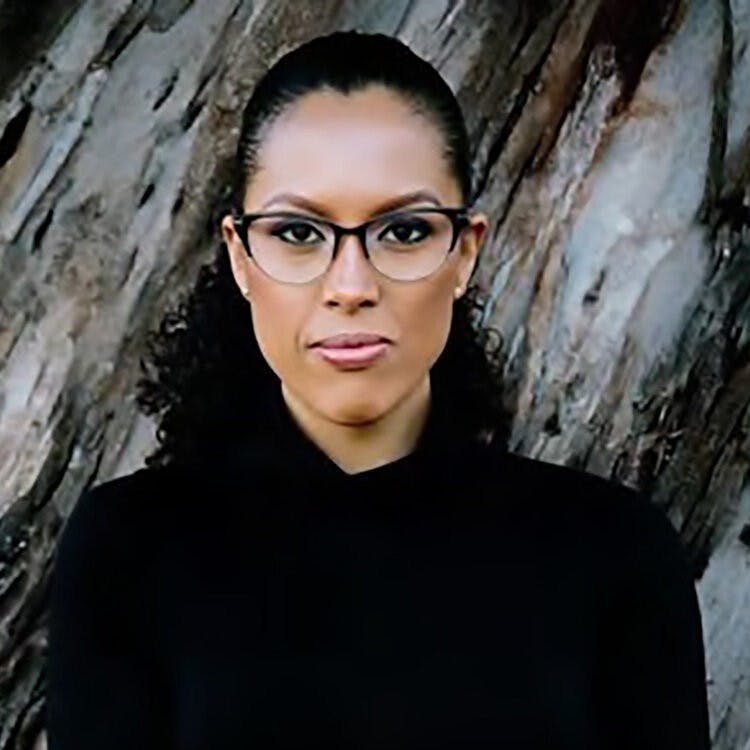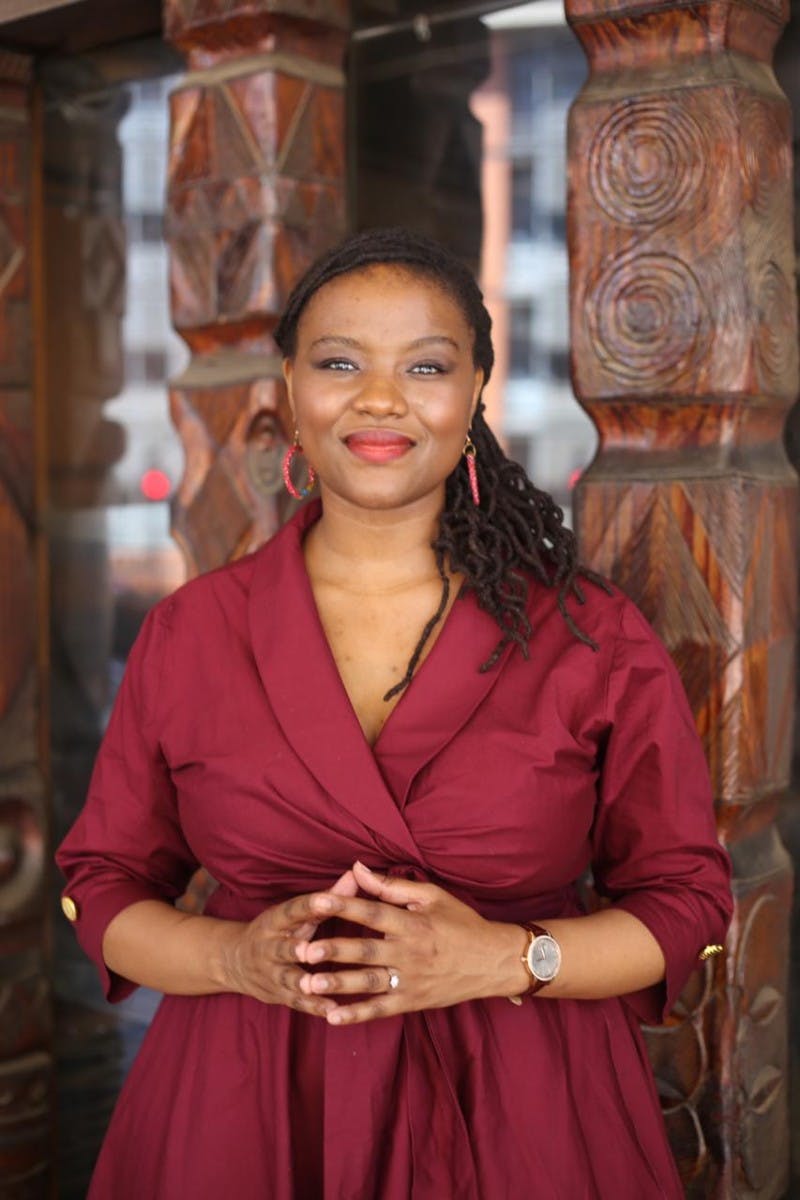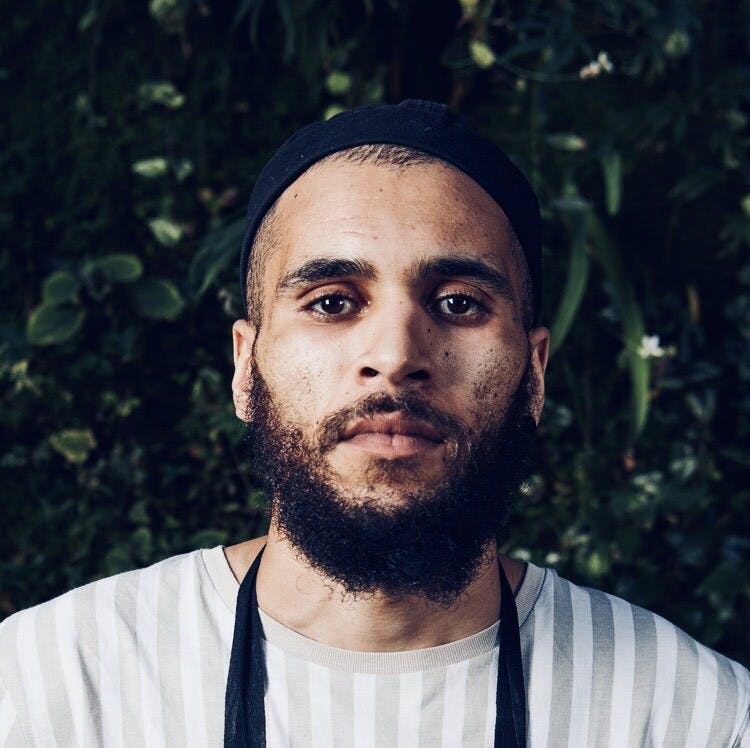It’s 2040. The past two decades have seen shifts across the world in the influence and fortunes of individuals and societies alike, underscored by changing climates and technological advancements. Some of the changes have worsened prospects for Black people while others hint at the end of anti-Black racism. This is the world in which our Black Futures issue is set.
Amid this changing global landscape, it almost feels, to feature contributors Alex Fitzgerald and Alistair Scott, that the arch of the moral universe is bending towards justice. Almost. Because new opportunities for global Black solidarity have, in these contributors' imaginings of the future, revealed questions and tensions that are familiar to the realities of 2021. Also in this issue, visual artists Nathaniel Sheppard III, Alexis Tsegba, and Ré Phillips—together with cultural worker Adama Sanneh and clinical psychologist Roseline Armange, the first guests from season two of our Race Beyond Borders podcast—help us explore Planetary Blackness, Moya's vantage point into the world.
Feature
Moya is rooted in the belief that we cannot inhabit realties we have not first encountered in our minds, Expanding imaginations is therefore central to the work of liberation, writes editor-in-chief Sebabatso C. Manoeli.
By
Sebabatso C. Manoeli-LesameRace Beyond Borders
Season 2 of Race Beyond Borders begins with a moving conversation with Adama Sanneh, co-founder and CEO of the Moleskine Foundation. Sanneh walks us through his coming of age as a young Black man in an Italy plagued by cultural silences about blackness. Despite these difficulties, Sanneh embraces possibilities for the emergence of an expansive Black identity in Italy, one fashioned by those who embody it.
Feature
Hostilities have been rising in 2040 against waves of Black Americans who've resettled on the continent, raising familiar questions about racial solidarity in a system of global capitalism. Alistair Scott delivers a speech on what's at stake.
Art
African ceramic masks pose questions on the afterlives of Dutch material culture on the African continent.
Feature
African countries are thriving in 2040 after unilaterally withholding repayments, nearly two decades earlier, of debt that limited their abilities to respond to the Covid-19 pandemic. Alex Fitzgerald reflects on what remains to be done.
Feature
Hostilities have been rising in 2040 against waves of Black Americans who've resettled on the continent, raising familiar questions about racial solidarity in a system of global capitalism. Alistair Scott delivers a speech on what's at stake.
Art
Illustrations, photographs and cut-outs fuse in a search for multiplicity and connectedness in people’s interior worlds.
Race Beyond Borders
Season 2 of Race Beyond Borders begins with a moving conversation with Adama Sanneh, co-founder and CEO of the Moleskine Foundation. Sanneh walks us through his coming of age as a young Black man in an Italy plagued by cultural silences about blackness. Despite these difficulties, Sanneh embraces possibilities for the emergence of an expansive Black identity in Italy, one fashioned by those who embody it.
Our fourth issue draws attention to the ways in which race – specifically Blackness – is chartered and codified across different geospatial terrains. In our lead feature, writer Lindokuhle Nkosi draws on Zora Neale Hurston’s famous 1928 essay “How It Feels to Be Colored Me” to reflect on the Season 2 finale of our podcast Race Beyond Borders. Her essay brings into sharp focus the many ways geography impacts the experience of Blackness. Musicologist Willemien Froneman from the Africa Open Institute at Stellenbosch University introduces us to Refentse Morake, South Africa's first Black boeremusiek icon, to invite a deeper, more critical, understanding of musical interracialism. Specifically, Froneman argues that while music is often portrayed as a great unifier, in fact, an examination and deconstruction of the patterns of power underlying its cultural production yields a different reality.
